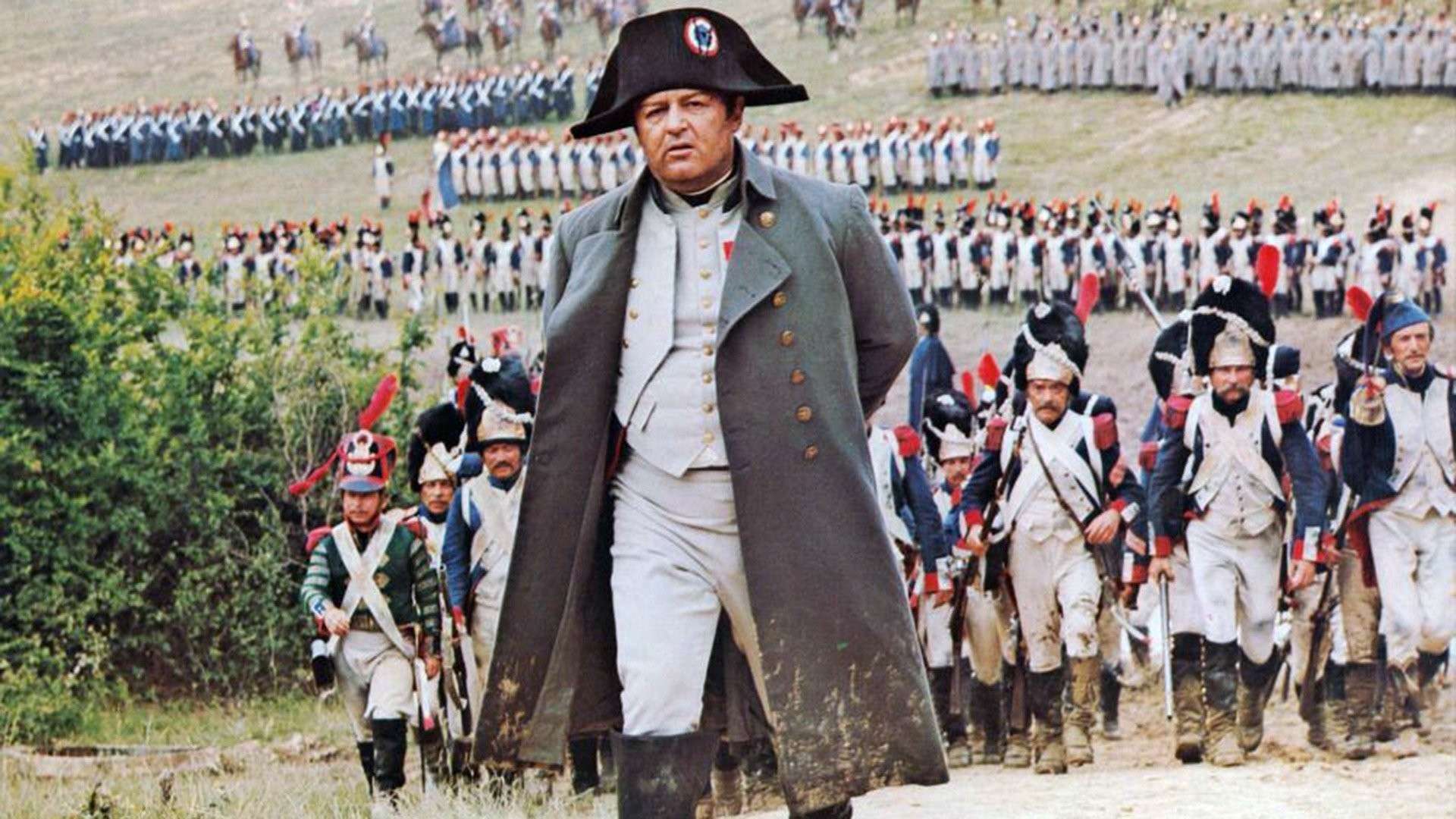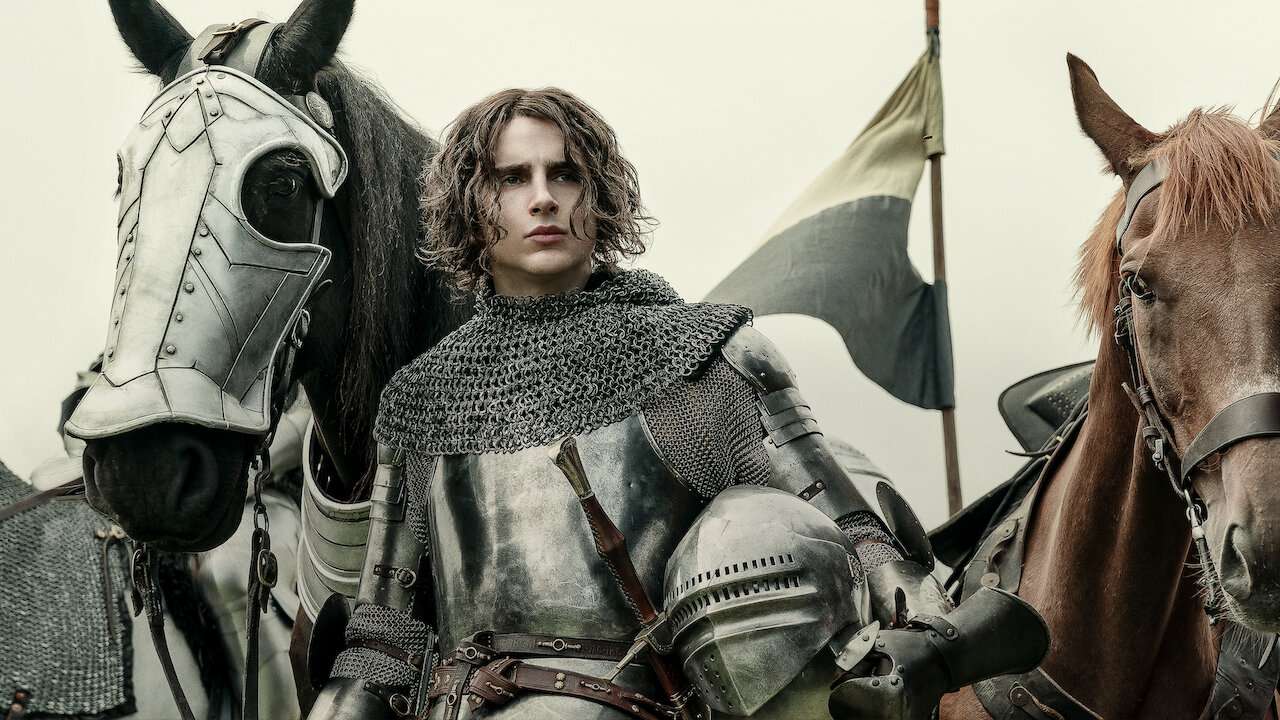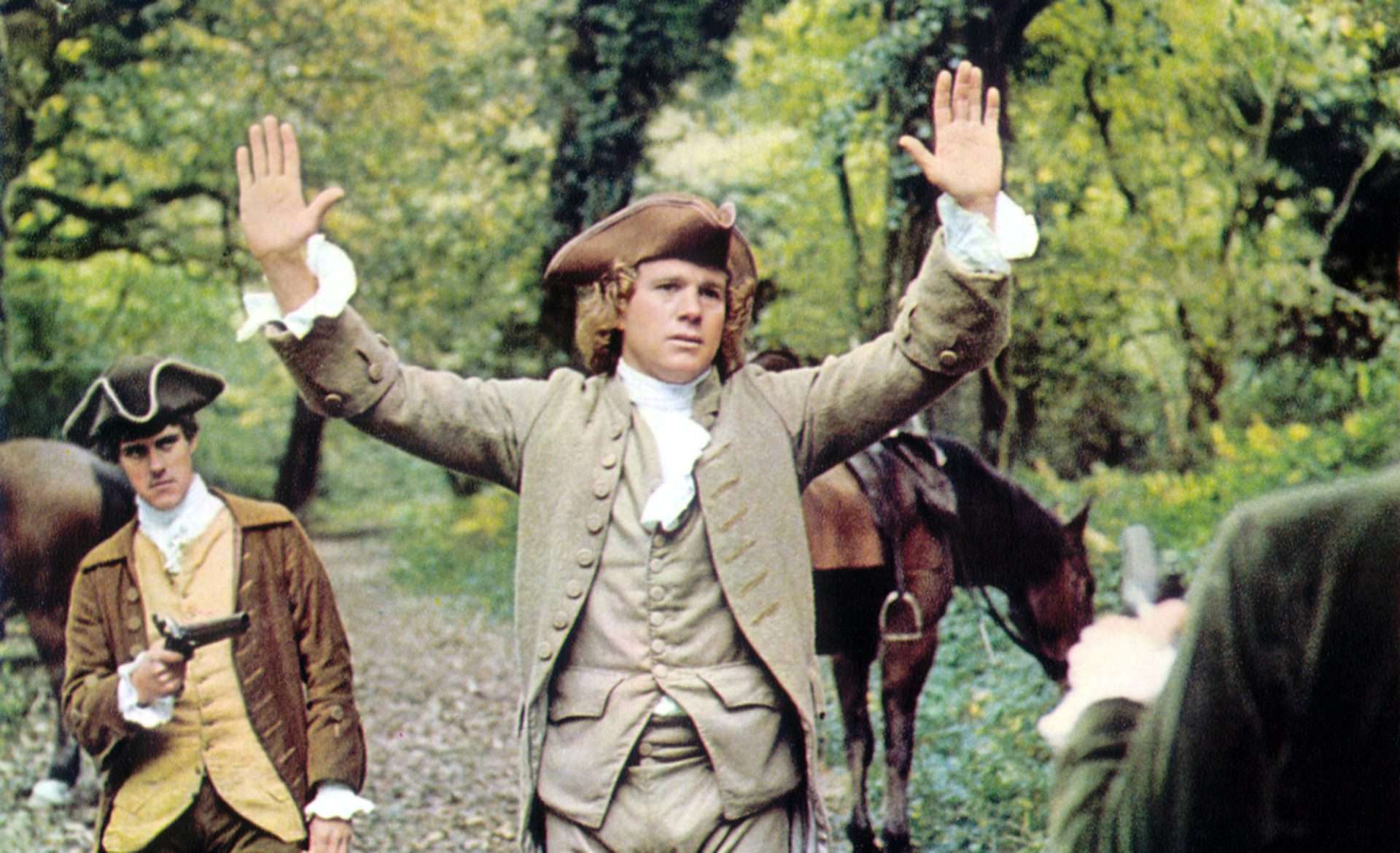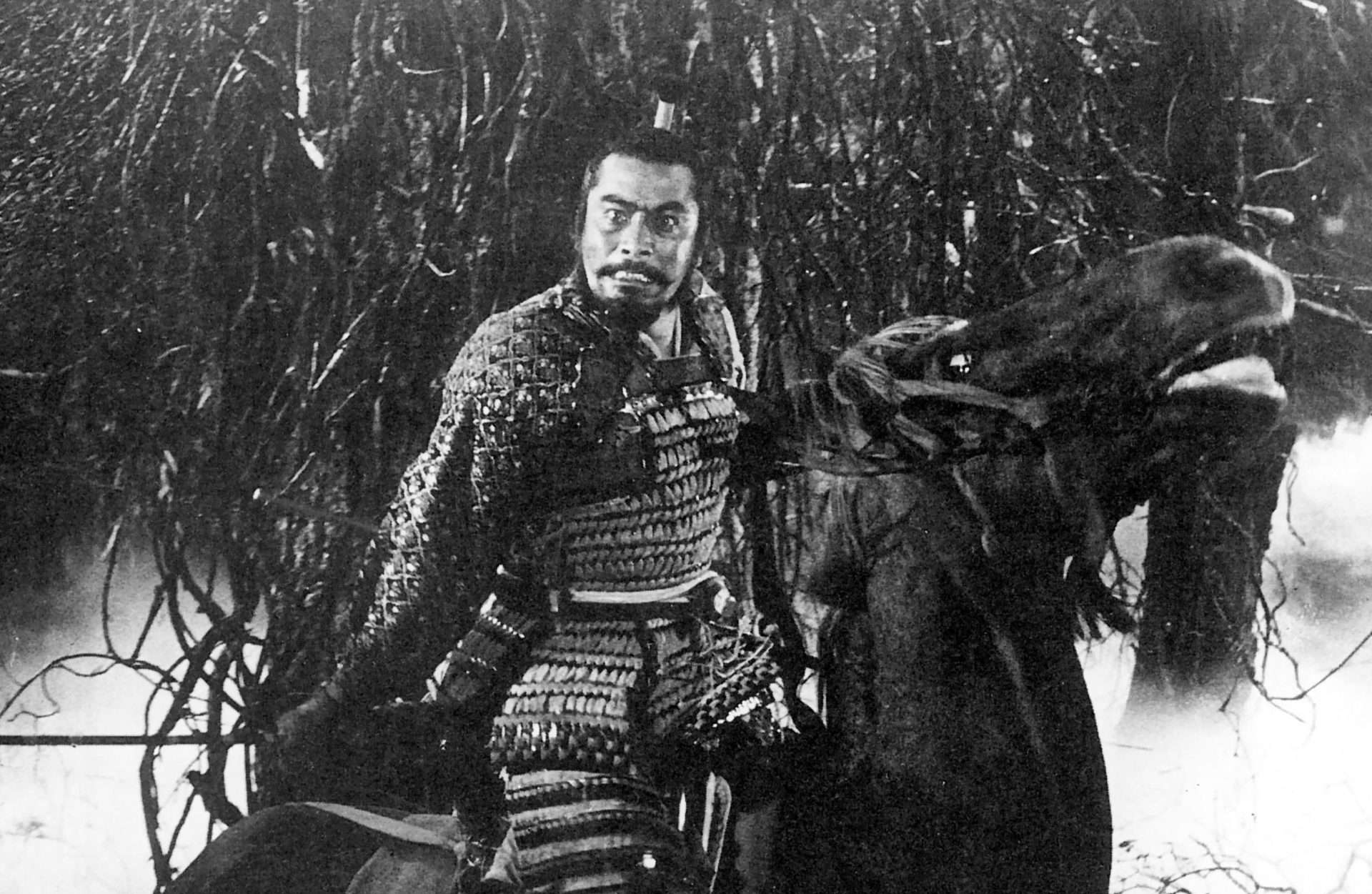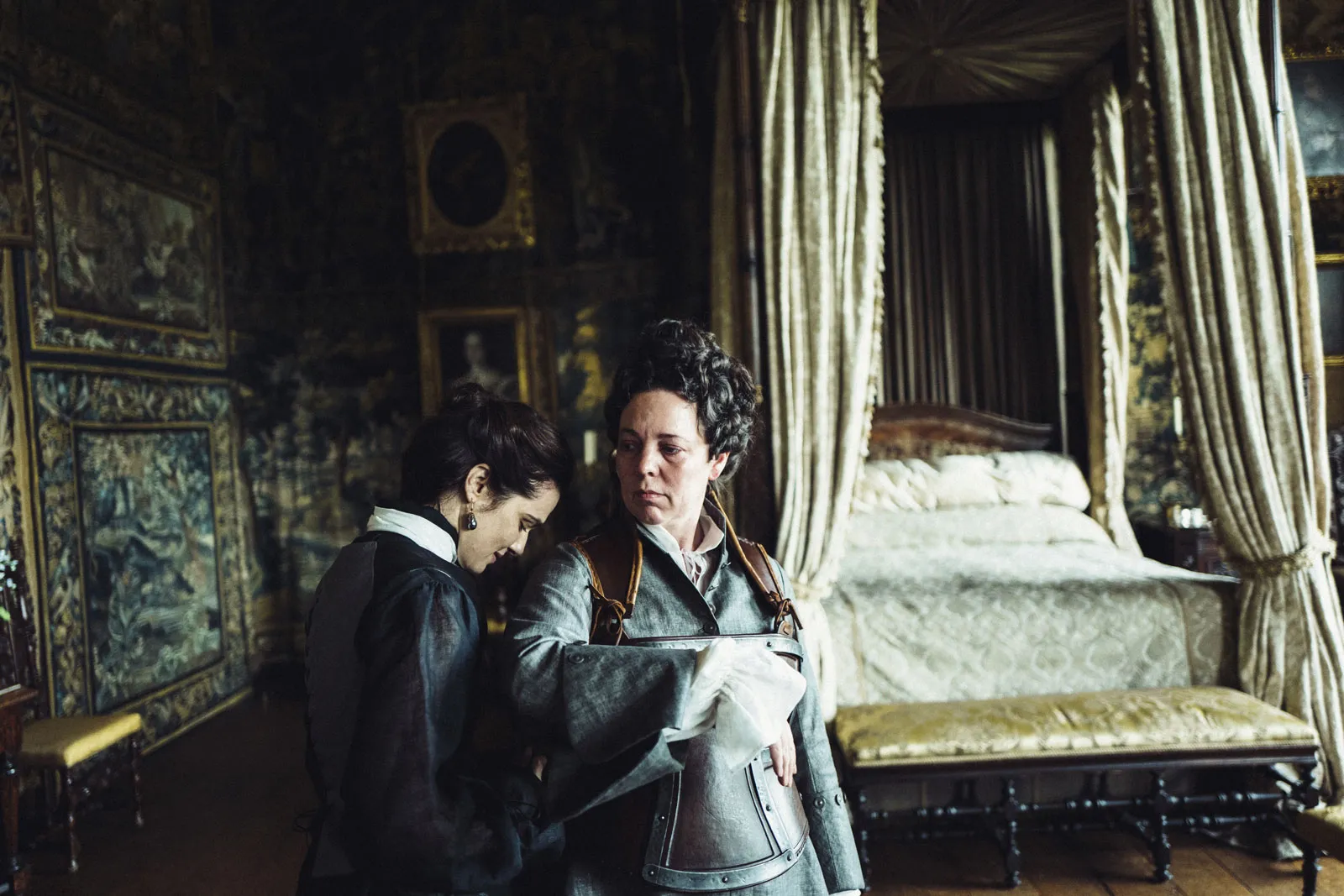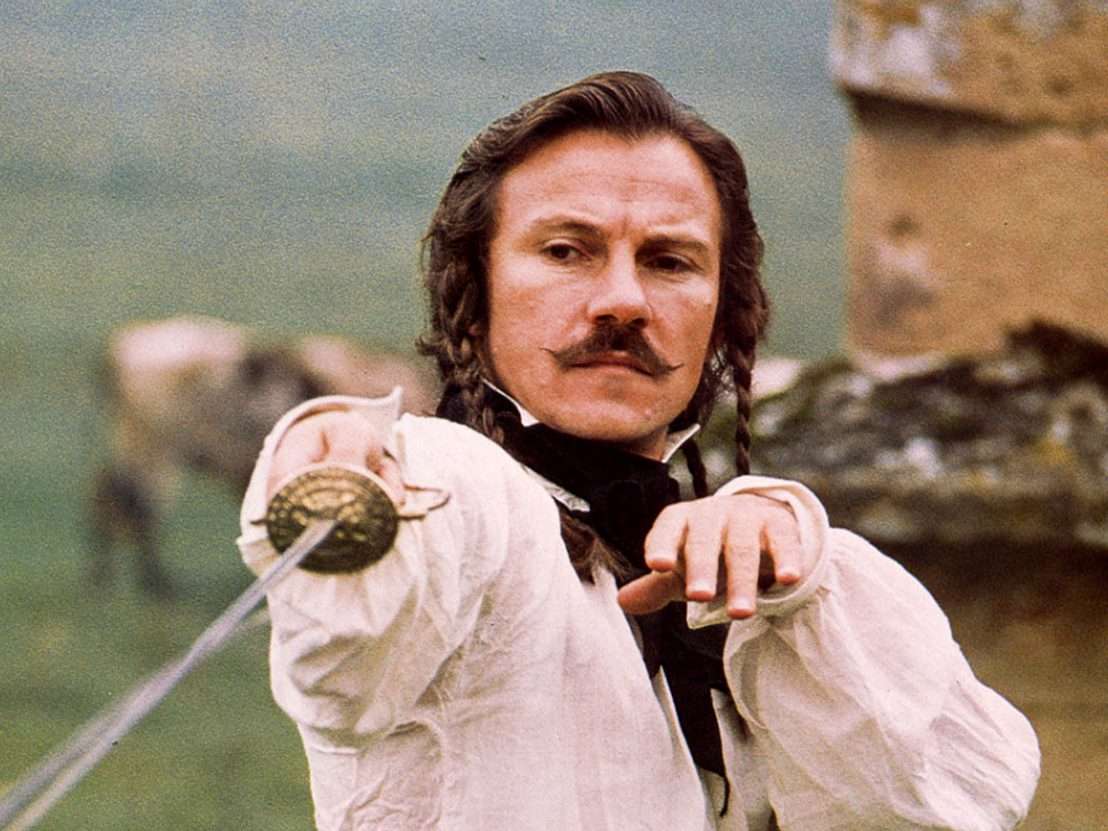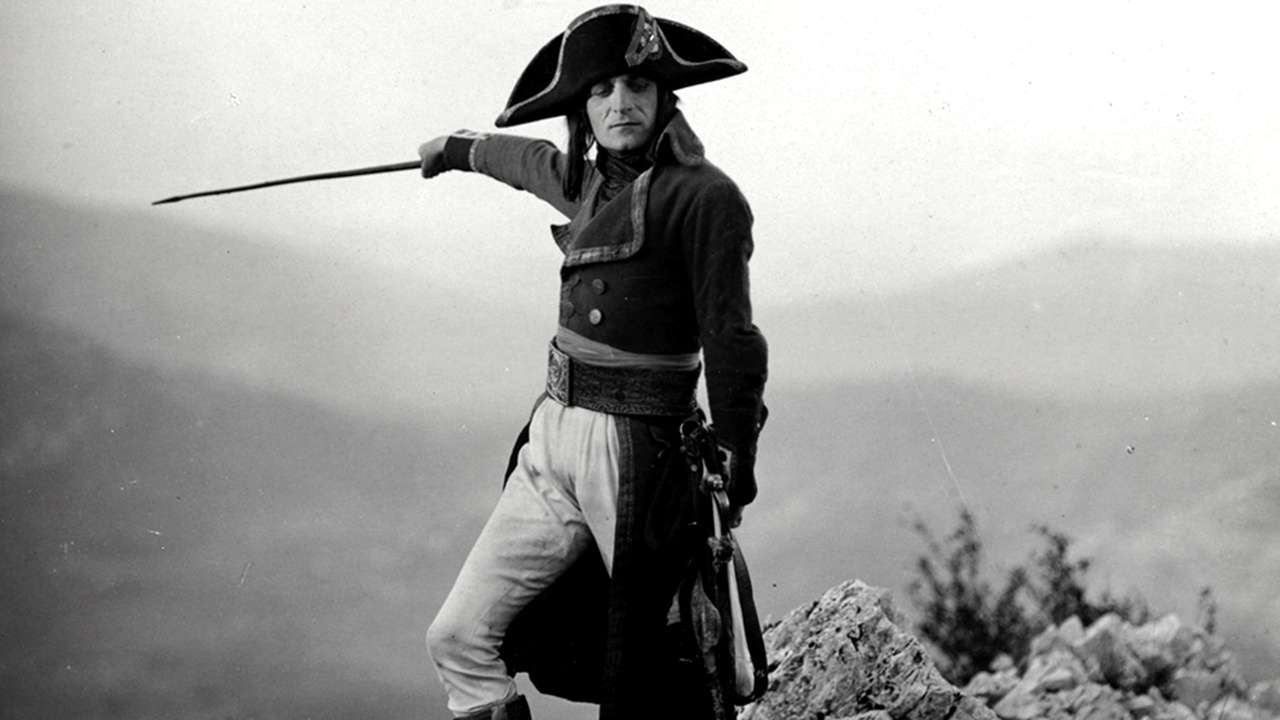Ridley Scott is releasing his 4th movie in the amount of time it took for Martin Scorcese to make “Killers of the Flower Moon.” It’s a factual hyperbole that is stated by Ridley Scott himself, and the octogenarian has earned the right to state whatever he wants, especially when he is making big-budget historical epic movies like Napoleon, starring Joaquin Phoenix as the titular character and Vanessa Kirby as his incandescent manipulative spouse Josephine.
But as the movie would inform you, it is more than just a biopic of a great general and his famous “Napoleonic Wars.” It is also about the toxic relationship that Napoleon shared with his wife and how much the movie itself is trying to put Napoleon’s character down a peg; becoming a black comedy as a result. Keeping that in mind, here are seven movies one can choose to watch if they like Ridley Scott’s 2023 output of “Napoleon.”
7. Waterloo (1970)
Most famously called the historical epic that killed all historical epics, Waterloo by Sergey Bondarchuk is a 1970 English-language epic war film that followed the titular Battle of Waterloo, which marked the end of the Napoleonic Wars. Ending with Napoleon being urged to flee after suffering thousands of casualties against the English army led by the Duke of Wellington, Waterloo is handsomely staged, almost obsessively so. From the authentically dressed extras (numbering 15,000) to recreating all the battle scenes without special effects and through practical work, Waterloo is a production masterpiece.
In a list of movies dealing with Napoleon, directed by the only man responsible for creating modern-day historical epics (with live horses), one would be remiss not to put Waterloo on the list. It hurts that the main character himself is a bleary-eyed bore, played by a possibly hung-over Rod Steiger, but Bondarchuk was far more interested in the visual spectacle of the tale he had been crafting. From that regard, it is a curious oddity.
6. The King (2019)
Modern filmmaking of battle sequences, with a muted color palette and grittier aesthetics, has usually been the style of Ridley Scott in his last couple of period pieces (The Last Duel, Napoleon). In 2019, David Michod takes that grittiness in aesthetics and applies it to the narrative of Henry V’s rise to power as he navigates palace politics, the battlefield, and the sins of his father. While not as handsomely mounted as Napoleon, the battle scenes are more based on an in-the-ground perspective, and the performances are gripping and compelling, especially Timothy Chalamet as Henry V and Joel Edgerton as Falstaff.
Based more on the Shakespeare “Henriad” trilogy as well as the original historical accounts, The King is not the most historically accurate. But like Scott’s perspective on the making of Napoleon or any of his historical films, it’s the storytelling and the visuals that matter. The King especially paints young Henry as a flawed individual who we get hints of becoming powerful and shades of arrogance starting to appear within him as the lure of the throne recedes the reluctancy of responsibility he previously had. That alone grants “The King” a spot in this list, even though it lacks the almost parodic humor in the portrayal of the lead.
5. Barry Lyndon (1975)
The connection between Napoleon and “Barry Lyndon” is a fortuitous one, albeit unfortunate. Kubrick had originally planned to do a biopic of Napoleon, but after the failure of “Waterloo” in the 1970s, per his assistant, Tony Ferwin, Kubrick’s fascination for Napoleon intersected with the impact and loyalty great generals on the battlefield inculcated amongst their soldiers. He had managed to conduct an extensive amount of research into Napoleon, with as many as 50,000 extras being assembled for the battle sequences.
When “Waterloo” flopped and sealed the fate of Kubrick’s Napoleon in the eyes of his producers, Kubrick shifted gears and began the process of adapting “The Luck of Barry Lyndon” into a picaresque story about a rogue’s rise into the hierarchy of 18th-century English society. Kubrick takes all the research he has done, along with the technical innovations he has built and requisitioned (long double shots utilized by special lenses, the backgrounds resembling William Hogarth paintings), to create a realistic portrayal of life in the 18th century, down to the tiniest minuscule detail.
But one can also read the screenplay of Kubrick’s Napoleon and watch Barry Lyndon and realize that much of the aural and visual methodology did carry over to Barry Lyndon. The underlying theme of a man reaching unprecedented heights of success only to be subject to downfall because of personal flaws is one of the striking similarities in both of Kubrick’s written outputs. This is Kubrick’s “Napoleon,” for all intents and purposes.
4. Throne of Blood (1957)
As a Shakespeare enthusiast, one cannot help but notice the intriguing relationship and the pitfalls that occur in its complications between a man who has achieved power and the woman whispering ideas in his ear, all to consolidate power. One could argue that the relationship between Napoleon and Josephine in Ridley Scott’s Napoleon (2023) resembles that of Macbeth and Lady Macbeth, especially the Machiavellian streak in Josephine.
To that end, one of the best adaptations of Macbeth deserves to be on this list, that of Akira Kurosawa’s seminal classic “Throne of Blood.” Akira Kurosawa’s 1957 adaptation of Macbeth is adaptation at its most pure – completely abandoning the damp Scottish countryside with its usage of prosaic English in favor of the windy, empty, wooded world of the Meiji era of Japan, shown through the supernatural lens of the source material as an apocalyptic wasteland, disconnected from the earthly frame.
Not only did Kurosawa supplant the supernatural with the Scottish bent to the Noh theatre sensibilities of Japan, but he also managed to coax out standout performances from Toshiro Mifune as General Washizu and Isuzu Yamada as Lady Asaji Washizu. It is also famous for some absolutely cinematic set pieces, especially the castle burning sequence at the end and Washizu stuck to the walls with arrows.
3. The Favourite (2018)
There is a streak of subversion in the expectation of what an epic or a period piece entails in Ridley Scott’s Napoleon. One of those key instances where subversion exists is the presence of the strange relationship between Napoleon and Josephine—a relationship borne of political alliance and power, lustful sleaziness and yet utter dismissal in the case of Josephine, and insecurity bordering on irrational anger in the case of Napoleon.
From that standpoint, Yorgos Lanthimos’ The Favourite, which is about two cousins, Sarah Churchill (Rachel Weisz) and Abigail Masham (Emma Stone), vying to be the Queen’s (Olivia Colman) favorite, is exactly the type of caustic black comedy one expects while being asked to describe a period piece of dark comedy. While Napoleon isn’t as much of a caustic comeuppance as The Favorite, it carries a similar undercurrent of humor. But of course, like any period drama dealing with a relationship at its core, it’s ultimately a story of power struggles in a relationship, and both “Napoleon” and “The Favorite” share that same sort of bite. “The Favorite” is just slightly extra in its black humor, dipping with sarcasm and artistic devilry.
2. The Duellists (1977)
While Ridley Scott doesn’t strike as the sentimentalist type, one can argue that his take on Napoleon had been one he had been building towards for years. While this is easily his grandest stab, “Napoleon” isn’t the first time he has ventured into the era of the “Napoleonic Wars.” That would be his debut feature, “The Duellists”.
“The Duellists” tells the story of two officers in Napoleon’s army who would engage in a series of duels that would go on for years. It winds up being a ritual such that the inciting grievance remains all but forgotten—a minor offense that would lead to a decade-long obsession. While the overall arena is significantly larger in Napoleon, Scott’s fascination with the military and their rituals with all their rigorous details is present in sharp contrast to Scott poking fun at that hardline masculinity that is caused by such rigor and rigidity.
In “Napoleon” and “The Duelists”, both deal with the insecurity and fragility of the male ego existing side by side with the strategy required to execute violence, however much folly that might end up causing in the long run. It is also fascinating that Scott’s penchant for writing female characters turning out to be stronger than their male counterparts is also present here, albeit much reduced due to the presence of female characters being minimal.
1. Napoleon (1927)
The earliest and most famous portrayal of Napoleon on film, with some of the most ambitious undertakings of its time, a list comprising of movies like Napoleon (2023) would be incomplete without Abel Gance’s Napoleon (1927). Running at 330 minutes (5 hours and 30 minutes), Abel Gance’s Napoleon is a technical marvel. It is responsible for introducing hand-held camera shots, fast cutting, multi-cam setups, point-of-view set-ups, and lots of technical innovations that have become normalized today. One of the pioneering set pieces was the final battle, which Gance showcased utilizing PolyVision exclusively for projecting the final battle by arranging three silent film reels horizontally to add to an aspect ratio of 4:1. Polyvision is widely recognized as a precursor to Cinerama.
Gance’s Napoleon extensively deals with the monarch’s early years leading up to and ending with Napoleon’s invasion of Italy. Gance’s portrayal of Napoleon, played here by Albert Dieudonne, is the only portrayal of Napoleon (besides Waterloo and Scott’s Napoleon) that is widely established as one of the mainstream portrayals of Napoleon. Other than a technical marvel, it is a visually stunning and ambitious project in storytelling, deserving to be placed in a list of movies similar to Napoleon (2023). At the very least, it automatically is slightly more faithful if historical accuracy is a deal breaker.

